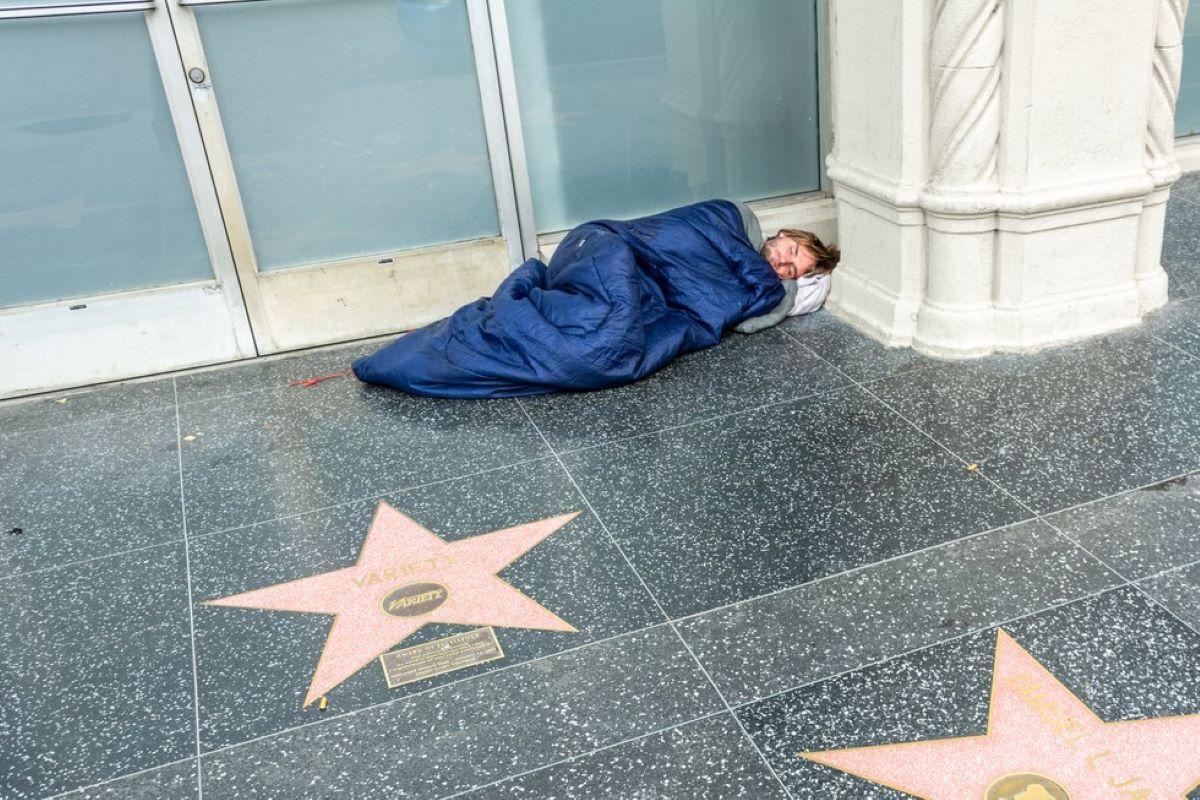Biden Administration Moves to Cut Homelessness 25% by 2025
President Joe Biden announced a plan to reduce homelessness by 25% by 2025 after the latest federal one-night homeless count showed that more Americans are sleeping outside after the pandemic.
The 2022 Annual Homelessness Assessment Report, compiled annually by the Department of Housing and Urban Development using data from one-night counts, shows that more than 582,500 people experienced homelessness last year. That represents a less than 1% increase when compared to 2020. However, that increase comes on the heels of $50 billion in economic support the government provided during the pandemic.
HUD admitted in the report that the data collection efforts were “considerably impacted by the Covid-19 pandemic.” However, many long-standing trends also stood out. One of which is the continued over-representation of Black and Native American people among the population who experiences homelessness. For example, Black people accounted for 37% of homeless people despite comprising just 12% of the general population.
Moreover, the share of Native Americans experiencing homelessness increased by 19% between 2021 and 2022. That is the most significant increase among any racial group, according to the report.
Another continued trend is the steady increase of unsheltered and chronic homelessness, especially in urban settings.
Overall, the data showed a 3.4% increase in unsheltered homelessness and a nearly 15% increase in chronic homelessness. More than 60% of all people experiencing unsheltered homelessness are in urban settings.
In turn, Biden announced a plan to increase the supply of supportive housing in cities across the country and develop a full-time federal assistance program to address encampments.
“My plan offers a roadmap for not only getting people into housing but also ensuring that they have access to the support, services, and income that allow them to thrive,” President Biden said. “It is a plan grounded in the best evidence and aims to improve equity and strengthen collaboration at all levels.”
Preventing a sharp increase in homelessness was a central goal of the federal government’s response to the Covid-19 pandemic.
The government created and funded a robust emergency rental assistance program, instituted eviction and foreclosure moratoriums, and sent economic stimulus checks to many people experiencing homelessness.
In all, these efforts produced mixed results. For instance, data from the Eviction Lab at Princeton University shows that efforts prevented at least 1.36 million evictions in 2021 across the 31 cities the lab tracks.
However, the distribution of emergency rental assistance funds was inconsistent across the country.
In October 2021, Invisible People reported that renters in Alabama had received less than 10% of the state’s allotted rental assistance funding. An investigation by ProPublica in March 2022 showed that states were holding more than $5 billion in federal poverty reduction funding at a time when census data showed that poverty rates were increasing.
“We have a long way to go with systems to fix,” HUD Secretary Marcia Fudge said. “However, the Biden-Harris administration’s historic investments represent our commitment to addressing homelessness and the underlying racial inequities.”
Biden said his plan would build on the strategic plan put forth by the Obama administration, which resulted in a 36% decline in veteran homelessness and a 50% decline in unsheltered homelessness between 2010 and 2016, according to federal estimates.
Since taking office in January 2021, the Biden administration has added more than 20,000 affordable housing units to the pipeline. He added that the Department of Veterans Affairs is also on track to exceed its goal of housing 38,000 veterans experiencing homelessness by the end of December.
“Nobody—no veteran, no American—should experience homelessness in the greatest country in the world,” said Veterans Affairs Secretary Denis McDonough. “Together, we’ve driven down veteran homelessness by 55% since 2010, showing that we know how to tackle this issue if we all work together.
How You Can Help
The pandemic proved that we need to rethink housing in the United States. It also showed that aid programs work when providing agencies and service organizations with sufficient funds and clear guidance on spending aid dollars.
Contact your officials and representatives. Tell them you support keeping many of the pandemic-related aid programs in place for future use. They have proven effective at keeping people housed, which is the first step to ending homelessness.











